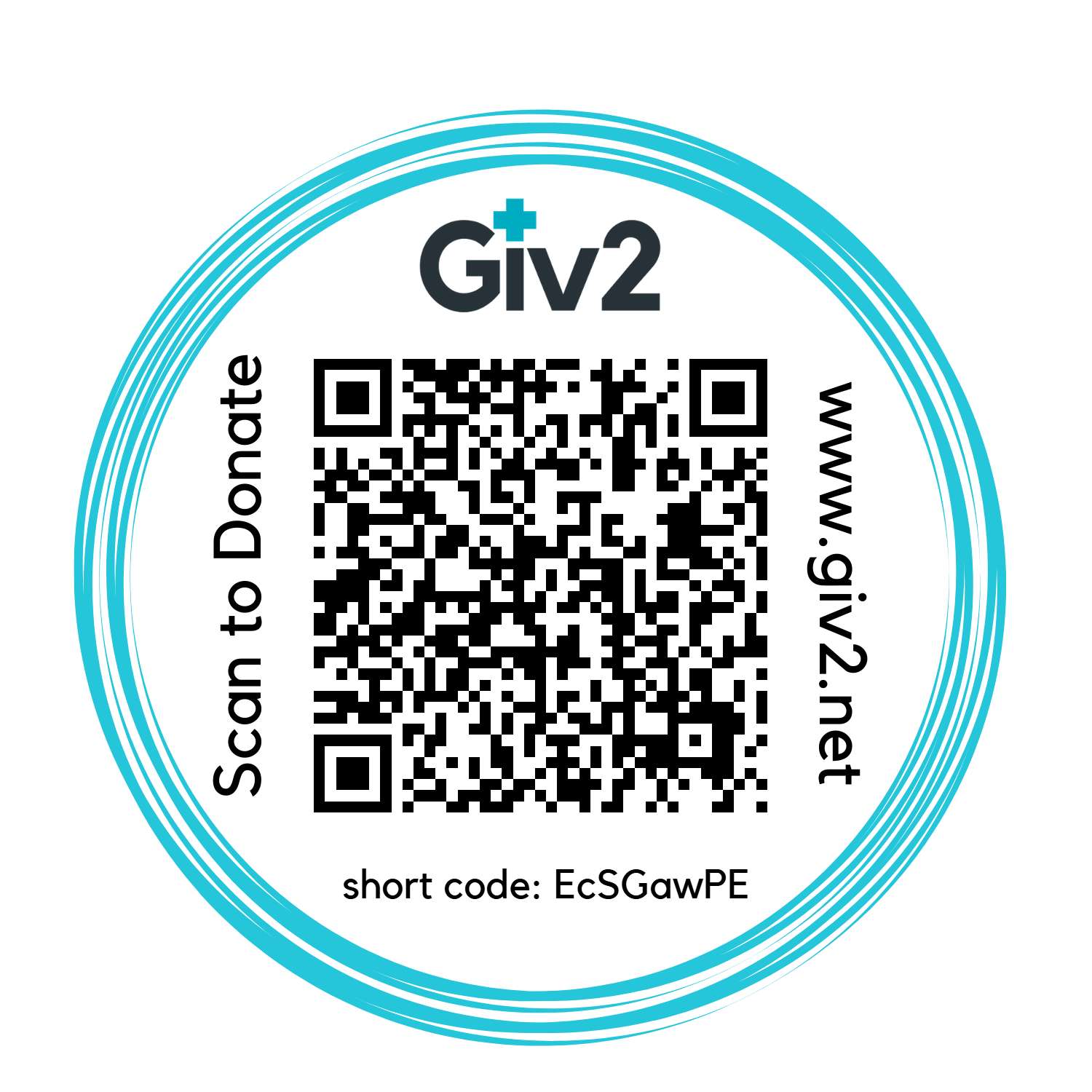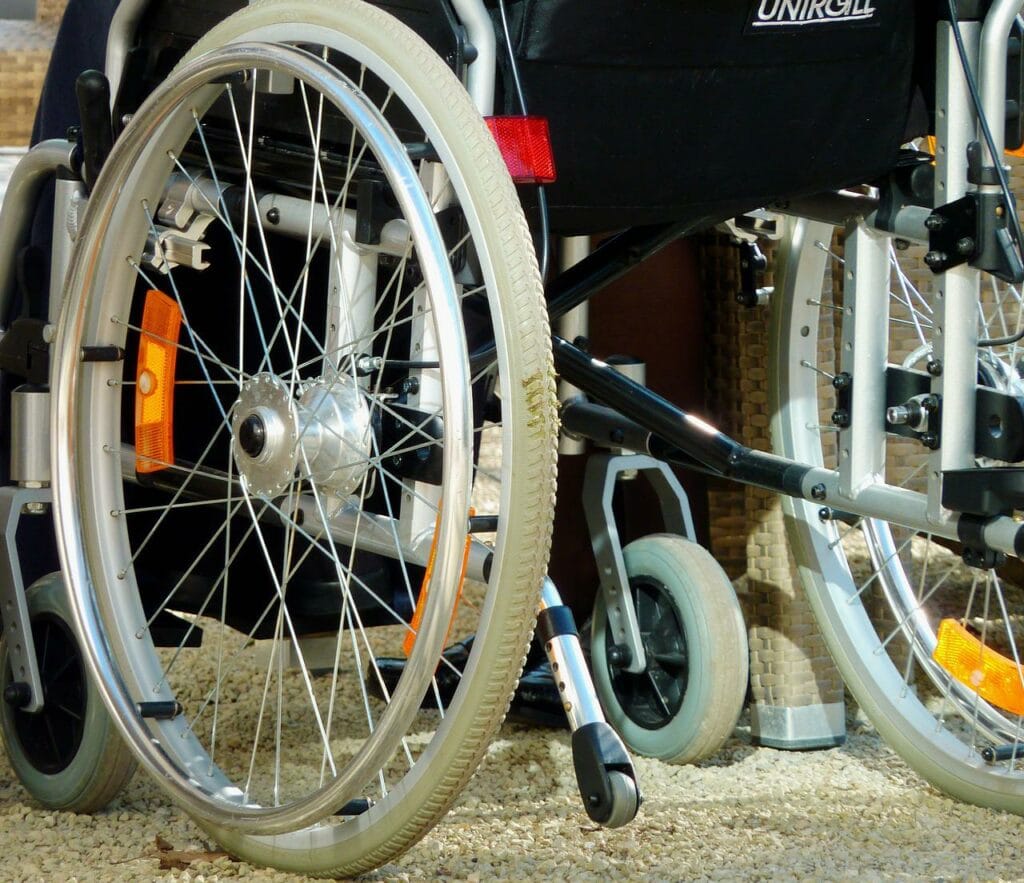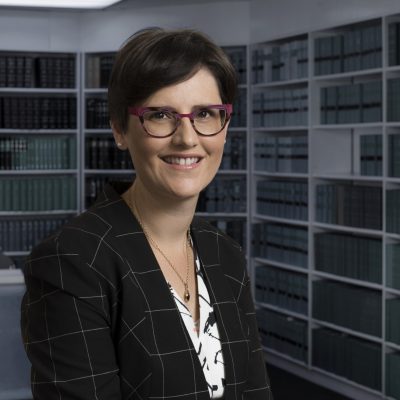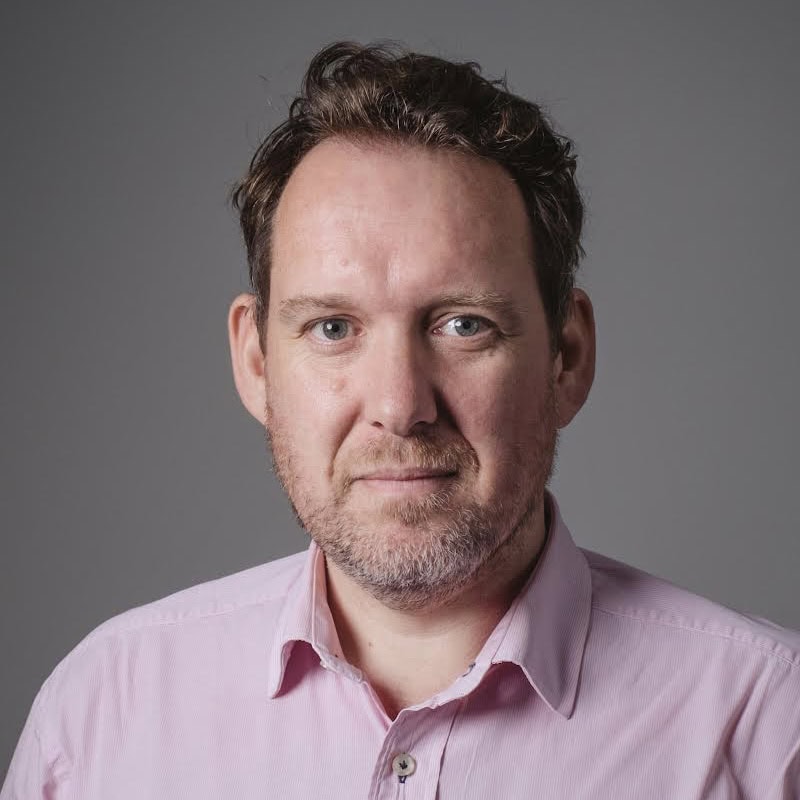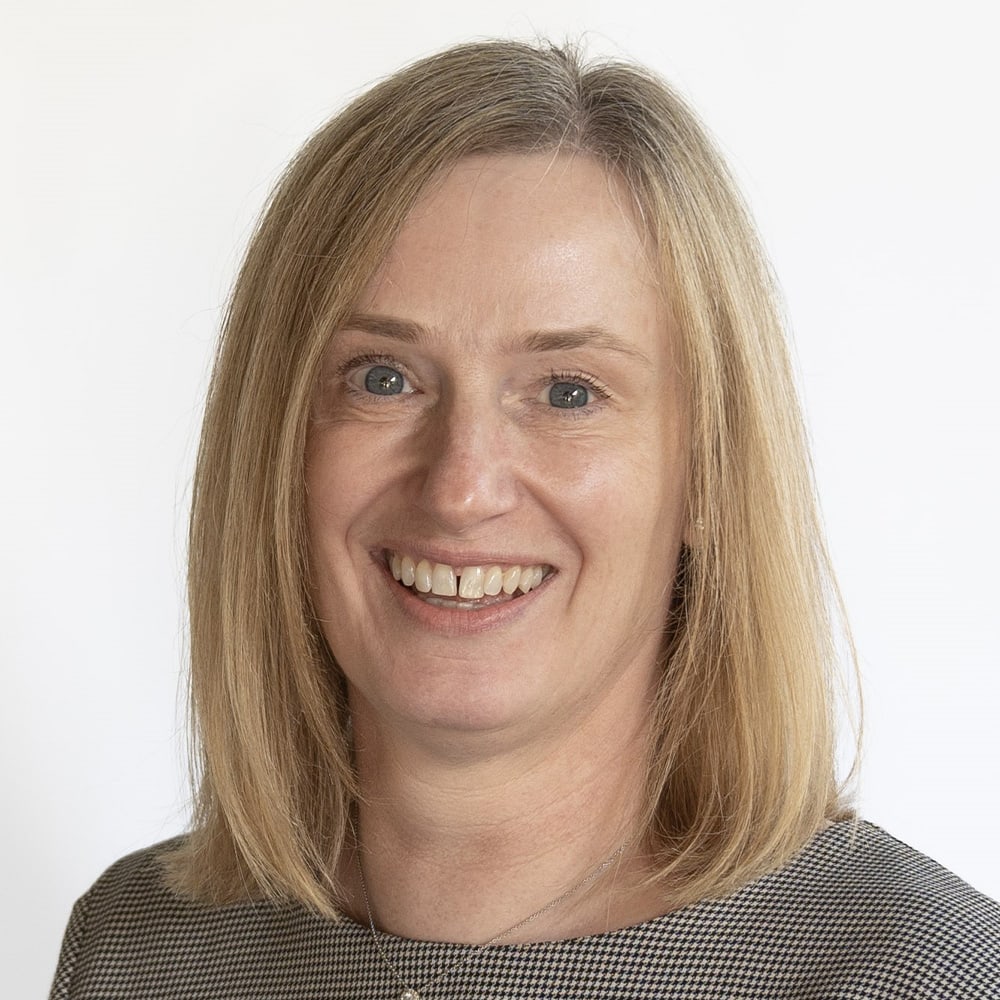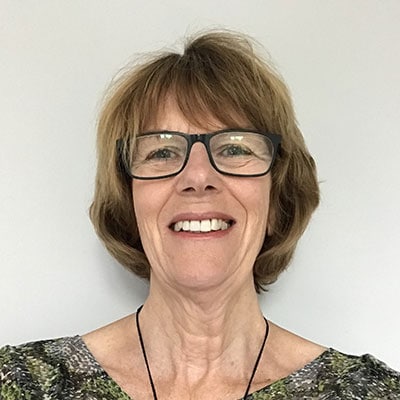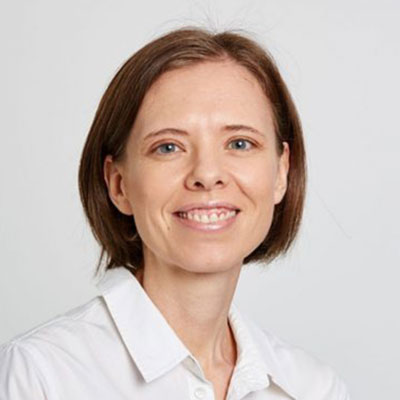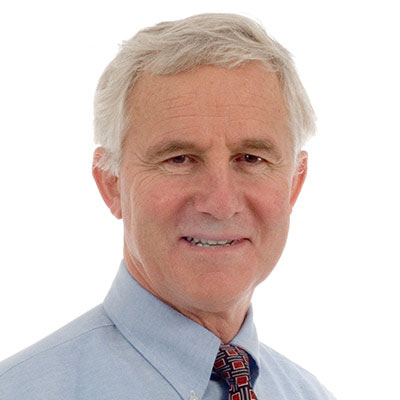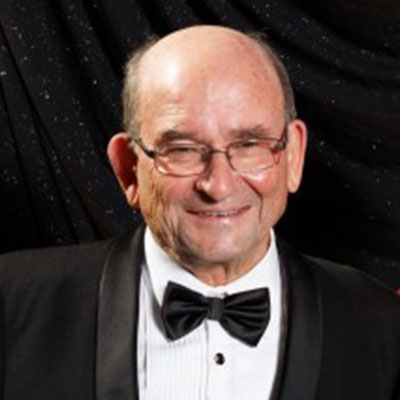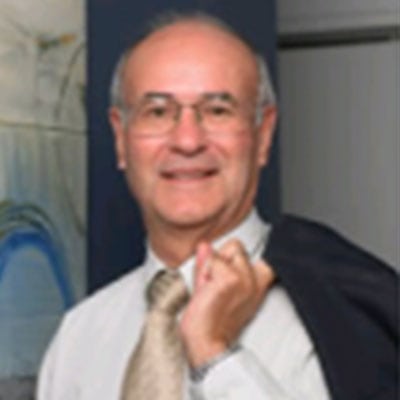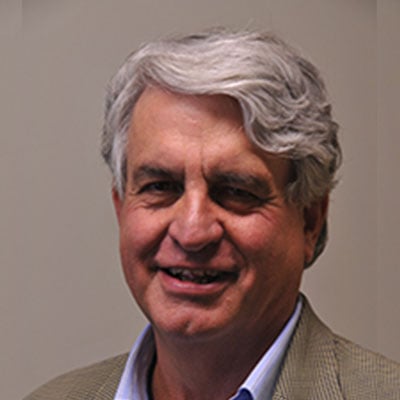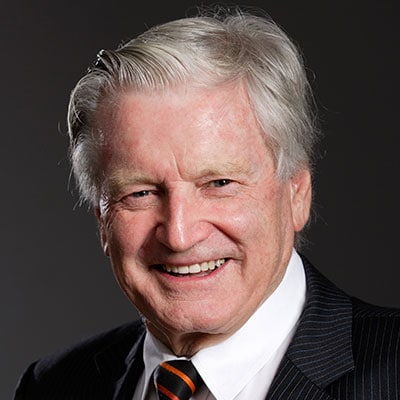You are invited to take part in a study, exploring your views on the value of a telehealth complex-wheelchair assessment service. Your views will help researchers decide if a telehealth wheelchair assessment could work in NZ.Principal Investigator: Dr. Fiona Graham Senior Lecturer
UNIVERSITY OF OTAGO, Wellington New Zealand
Email: fi.graham@otago.ac.nz
Summary
Well-designed and carefully fitted wheelchairs are often an essential first step towards inclusion and participation in society for people with disabilities. Complex wheelchair assessment requires the skills of highly specialised assessors. Access to these specialists can be delayed and require considerable travel-either by the wheelchair user or assessor. Even for urban living wheelchair users, travel to specialist assessment services can negatively impact health, cause fatigue and impose considerable stress on support systems. Tele-wheelchair assessment (via video conference) is currently in ad hoc use in NZ to improve access to specialist assessment. However, there is currently no policy or infrastructure to support wider use of telehealth wheelchair assessment and no existing information on which to robustly plan for such a service.
Objectives
- What are the socio-technical design requirements of a tele-wheelchair assessment service in NZ from the perspectives of wheelchair users with NMC, their family and carer, specialist and non- specialist assessors, managers, funders and policy developers?
- What are the culturally specific perspectives and needs of Māori wheelchair users with NMC, of a tele-wheelchair assessment service?
Methods
The proposed study is an explanatory (two phase) mixed methods consultation with key stakeholders exploring their perspectives on the value of a telehealth complex-wheelchair assessment service. A two-phase mixed methods study design is proposed involving an electronic survey (Phase One) and video-conference interview/focus group (Phase Two) data collection with all stakeholder groups.
Population
Stakeholders are wheelchair users with neuro-muscular conditions, their carers and significant others, wheelchair assessors and technicians, and wheelchair service managers, and funders.
Expected Outcomes
Findings will inform a subsequent co-design of a telehealth wheelchair assessment service for those with complex wheelchair needs in a subsequent study and inform policy development of such a service with particular attention to the needs of Māori. Three publications and two conference presentations are anticipated from this study.
Want to Participate?
If you wish to participate, please complete the consent form (listed below) and email the completed form to Fiona Graham: Fi.graham@otago.ac.nz
Documentation
The Participant Information Sheet will help your clients decide if they’d like to take part. Before they decide they may want to talk about the study with other people, such as family, whānau, friends, or healthcare providers. If they agree to take part in this study, they will be asked to indicate their consent.
Telewheelchair Study Protocol (27-03-2019)
Contacts
If you have any questions, concerns or complaints about the study at any stage, you can contact:
Dr. Fiona Graham
Lead Investigator
Email: Fi.graham@otago.ac.nz
Jasjot Maggo
Research Assistant
Email: Jasjot.maggo@otago.ac.nz
For Maori health support please contact:
Bernadette Jones (RGON)
Research Fellow
University of Otago, Wellington
M: +64 27 600 3868
This study has been approved by the University of Otago Human Ethics Committee (Health). If you have any concerns about the ethical conduct of the research you may contact the Committee through the Human Ethics Committee Administrator (phone +64 3 479 8256 or email gary.witte@otago.ac.nz). Any issues you raise will be treated in confidence and investigated and you will be informed of the outcome.

